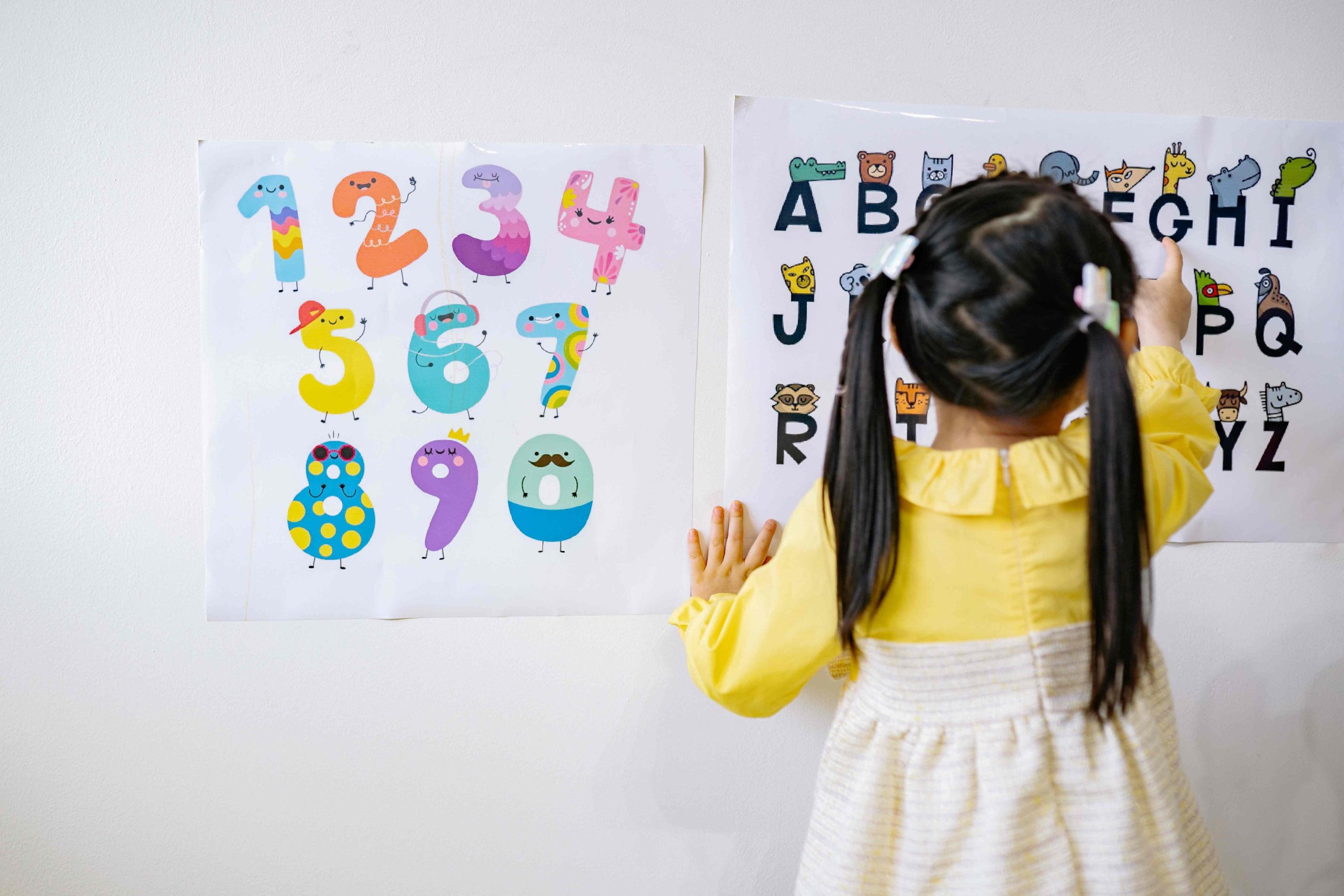
The Importance of Pre-Reading Activities in Enhancing Text Contextual Understanding for Preschoolers
As parents and educators, we want our preschoolers to have a strong foundation in literacy. Pre-reading activities are essential for achieving this goal. These activities, conducted before actual reading begins, aim to develop phonemic awareness, vocabulary, and comprehension skills, especially text contextual understanding. In this article, we’ll delve into the benefits of pre-reading activities, focusing on enhancing text contextual understanding for preschoolers.
The Importance of Text Contextual Understanding
Text contextual understanding refers to comprehending words, sentences, and paragraphs within a story’s context. It’s crucial for preschoolers to grasp this skill as it aids in understanding, making connections between texts, and building comprehension skills. A solid grasp of text contextual understanding enables preschoolers to enjoy and comprehend stories, making the reading process more enjoyable.
Benefits of Pre-Reading Activities
Pre-reading activities play a crucial role in enhancing text contextual understanding in preschoolers. Here are some benefits:
Enhance Phonemic Awareness
Phonemic awareness, vital for reading, involves hearing and manipulating sounds in words. Activities like rhyming games and sound matching aid in developing this awareness. Identifying and decoding words become easier with phonemic awareness.
Build Vocabulary
Storybook reading and word games help build vocabulary. Understanding words within the context of a story enhances text contextual understanding. A broad vocabulary aids in comprehension.
Develop Comprehension Skills
Pre-reading activities like predicting and summarizing aid in developing comprehension skills. These skills help preschoolers make connections between text and prior knowledge, identify main ideas, and understand supporting details.
Enhance Textual Understanding
Activities such as book browsing and story sequencing enhance textual understanding. Predictions, character identification, and plot comprehension contribute to a deeper understanding of stories.
Pre-Reading Activities to Enhance Text Contextual Understanding
Let’s explore activities for parents and educators to enhance text contextual understanding.
Storybook Reading
Reading stories aloud and discussing them with preschoolers enhances vocabulary and comprehension skills. Age-appropriate stories with simple language are recommended.
Word Games
Games like word matching and sorting improve phonemic awareness and vocabulary. Flashcards or online resources can aid in creating engaging word games.
Picture Walks
Before reading, looking at pictures in a book helps preschoolers understand the story’s setting and characters. Encourage them to predict the story based on the pictures.
Story Sequencing
Arranging story events chronologically helps preschoolers understand story structure. It aids in identifying main ideas and supporting details.
Predicting
Guessing what happens next in a story improves comprehension. Preschoolers connect text with prior knowledge through predictions.
Questioning
Asking and answering questions about the story enhances comprehension. Encourage preschoolers to ask questions and find answers within the text.
Summarizing
Retelling a story in their own words helps preschoolers identify main ideas and supporting details. It enhances comprehension skills.
Pre-reading activities are pivotal in enhancing text contextual understanding in preschoolers. By focusing on phonemic awareness, vocabulary, and comprehension skills, parents and educators lay the foundation for successful reading and learning. Engaging activities make reading enjoyable and foster a lifelong love for books.
Additional Benefits of Pre-Reading Activities
Pre-reading activities offer numerous benefits beyond enhancing text contextual understanding. Let’s explore some of these benefits.
Improving Writing Skills
Pre-reading activities like predicting and summarizing help preschoolers organize thoughts, improving writing skills. Storytelling enhances narrative abilities.
Building Background Knowledge
Discussing book topics and making predictions builds background knowledge, enhancing comprehension and engagement.
Developing Executive Function Skills
Planning reading schedules and setting goals improve focus and attention, essential for academic success.
Improving Memory
Activities involving recalling story details enhance memory, benefiting overall academic performance.
Developing Empathy and Emotional Intelligence
Discussing character emotions and engaging in role-playing activities help preschoolers understand and express emotions.
Enhancing Cultural Awareness
Exposure to diverse stories fosters appreciation for different cultures, promoting inclusivity and respect.
Through pre-reading activities, preschoolers not only develop crucial literacy skills but also enhance their cognitive, emotional, and social abilities.


